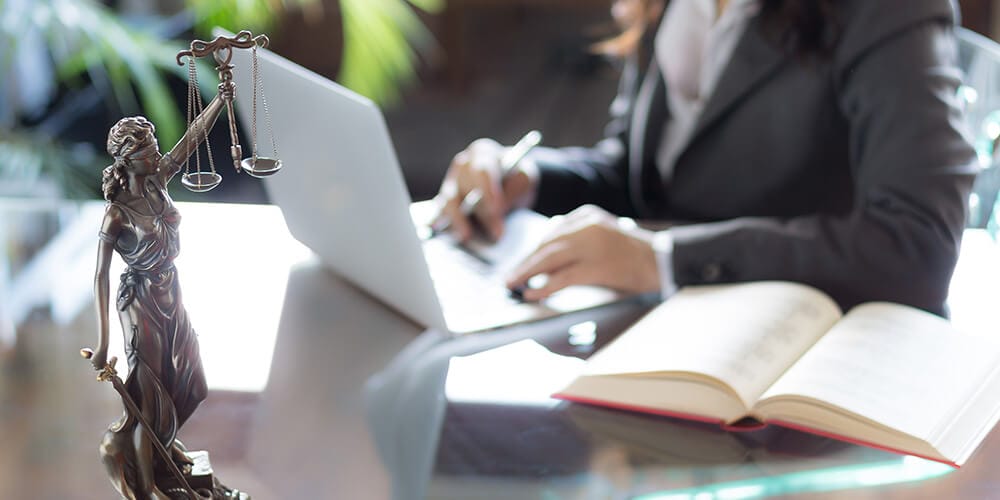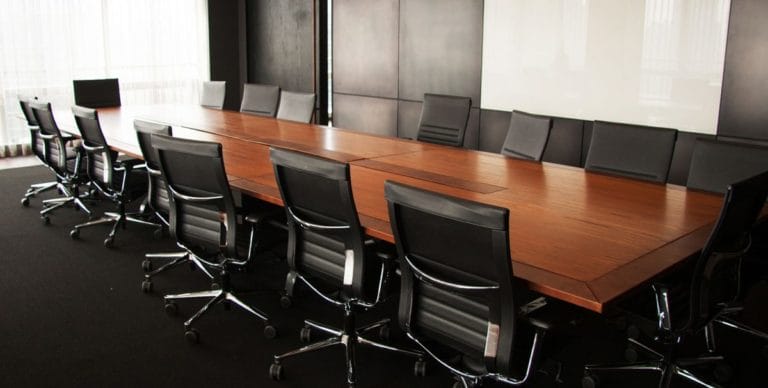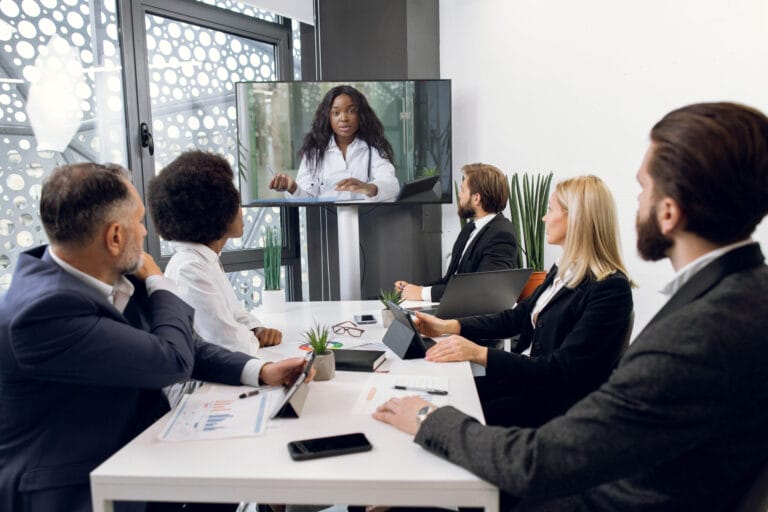During the discovery process, it is not uncommon for both parties to retain an expert witness. The testimony of an expert lends credibility to your argument, but many jurisdictions have particular rules regulating discovery of expert witnesses. As you proceed with your case remember that nearly all objections are waived if they are not made during the deposition. In this article, we’re going to review some useful objections and discuss the importance of asserting these objections during the deposition.
The Importance of Properly Preserving Objections
As an attorney, you probably already know the value of well-timed objections during trial, however, you may not have learned how to ensure your objections are preserved in a deposition. To demonstrate the importance of this process, we’re going to review the case of Talmadge v. Ervin, No. 1070 MDA 2019 (Pa. Super. July 28, 2020 Stabile, J., Lazarus, J., and Stevens, P.J.E.).
This medical malpractice case concerned the untimely death of a patient. In their ruling on a post-trial motion, the Superior Court determined that the plaintiff should have been allowed to introduce a hearsay document containing facts about a particular prescription drug. This happened because the defense “did not make a sufficient objection to that document at the trial deposition where the document was introduced.” Furthermore, the parties did not stipulate that any objections were reserved until the trial.
4 Useful Objections for Expert Depositions
In order to advance your case, it can be very helpful to review some of the objections you might need during the deposition. The testimony of an expert is valuable, but should be limited in scientific and technical scope. In some cases, it may be appropriate to challenge the witness’ qualifications, area of expertise and the reliability of principles and methods used to form the opinion. By properly raising objections during the deposition, it is significantly more likely that you will be able to impeach the expert at trial.
Some of the most useful objections to an expert witness include:
Objection: Question Based on Assumptions
Typically referred to as a “loaded” question, deposing attorneys may ask the expert to respond to questions based on assumptions, inaccurate facts, or facts not in evidence. It is entirely reasonable to object to questions which clearly lack a foundation, however you may need to be more cautious in objecting to questions with only some support. Try to pay attention to exactly how the question is phrased, and only object if the attorney words the question as though the disputed fact is already conclusively established. You don’t need to object if the opposing counsel makes it clear the witness is being asked to make an assumption.
Objection: Asking for Legal Information & Analysis
Unless the witness is a legal expert, they should not offer any kind of legal analysis of the case. Expert testimony should be limited exclusively to factual information. If the witness attempts to provide a legal analysis, consider objecting based on FRCP 26(b)(4)(C). Attorney work-product is protected under this rule and the Advisory Committee specifically notes that it “is meant to limit disclosure to material of a factual nature by excluding theories or mental impressions of counsel.”
Objection: Calls for Testimony Outside of Area of Expertise
When working with an expert witness, their testimony must be limited in scope. For example, assume you are deposing a cardiothoracic surgeon in a medical malpractice case. Here, it would be unreasonable for opposing counsel to ask their opinion on a faulty medical device unrelated to the heart surgery they performed. Objections may be justified whenever a deposing attorney asks the expert about his opinions in areas outside the scope of his assigned tasks.
Objection: Question Presented with Improper Form
Perhaps one of the most common deposition objections is the objection to form. In most cases, you will have some flexibility and may submit a general objection to form. On the other hand, in some jurisdictions, you’ll need to share specific grounds for your objection. Some of the most common reasons for this objection are when the question is confusing, ambiguous, argumentative, prejudicial, or calling for speculation.
Final Thoughts
Thanks for reading! If you enjoyed this article, let us know in the comments, and feel free to share it on social media. Lastly, when you plan your next remote deposition, don’t forget to take advantage of our plentiful deposition tools, including virtual exhibit management, remote court reporting, and video conferencing!





